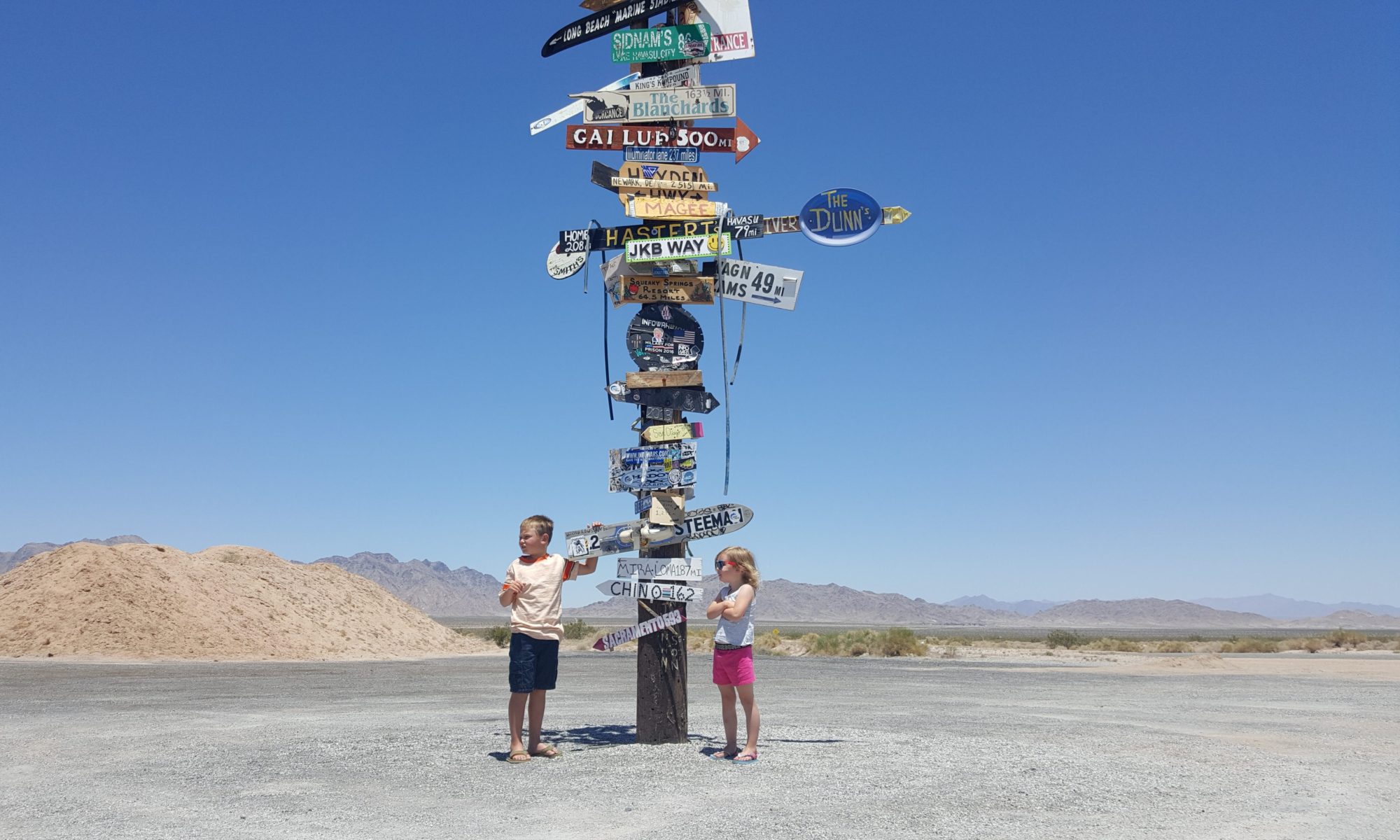Let’s look at another example of the Covenant of Grace. The descendants of Abraham, Isaac, and Jacob had been in the land of Egypt for about 400 years. During the latter part of their stay, they were made slaves to help Pharaoh build monuments to himself and his gods. It appears as though God had forgotten about His promise to Abraham, but, in a strange turn of events, a child was born named Moses who was raised in and lived in Pharaoh’s palace for most of the first 40 years of his life. He was well educated and knew the system inside and out, yet he decided not to partake of all the wealth of the system he had available. “It was by faith that Moses, when he grew up, refused to be called the son of Pharaoh’s daughter. He chose to share the opposition of God’s people instead of enjoying the fleeting pleasures of sin. He thought it was better to suffer for the sake of Christ than to own the treasures of Egypt, for he was looking ahead to his great reward.” Hebrews 11:24-26 (NLT). Moses had to flee Egypt for taking matters into his own hands and killing an Egyptian.
Forty years later, God appeared to Moses and sent him back to Egypt with a message to Pharaoh to let all of the Hebrews leave the land. After months of discussion and plagues, Moses finally offered Pharaoh one more chance to let the Israelites (Hebrews) leave with a threat of a death plague on the land if he refused. Of course, Pharaoh refused and the highlight of the story begins.
Moses told the Israelites to kill a year-old lamb or goat, roast it, and eat it before the next morning. If any food was left over, it had to be burned in the fire. Also, it was required that the head of the house had to catch the blood of the animal in a basin and dab the blood on the outside door posts and lintel of the home. God was going to send a death angel that night to kill the oldest male child of the home unless these instructions were followed completely and that applied to every home in Egypt.
I am sure many of the Israelites had Egyptian friends, and they warned them of the coming disaster. Pharaoh and his advisers ignored the warning as probably most of the Egyptians did. But there may have been some who decided to eat a lamb or goat; that may have sounded like a good meal and they did it just to be on the safe side. But, I can imagine that many of those who heard the warning were not inclined to decorate the outside of their houses with blood; that sounded like a terrible idea I am sure to many people.
The death angel came through the land of Egypt that night, and, wherever he did not find the blood on the door frame, he took the life of the oldest son in the home. This event became part of the law that God would give through Moses to the Israelites; the people were to celebrate this meal, the Passover, every year to remember what had happened. The next morning they got word that Pharaoh was ordering them to leave the land; he finally understood, for a moment, that God had judged him and his nation. So how does this story relate to the Covenant of Grace?
Like the Israelites, all people are born as slaves, slaves to sin. We don’t have a choice because it is part of our inheritance from our ancestors, Adam and Eve. “For everyone has sinned; we all fall short of God’s glorious standard.” Romans 3:23 (NLT). But, like the animals God killed to provide clothing for Adam and Eve, He also provided a sacrifice for all mankind, His Son, the Lord Jesus Christ. “For God loved the world so much that he gave his one and only Son, so that everyone who believes in him will not perish but have eternal life. God sent his Son into the world not to judge the world, but to save the world through him. John 3:16-17 (NLT).
The Bible says that Jesus’s sacrifice on the cross paid for the sins of the whole world, everyone who has ever or will ever be born as a human being. The Apostle John writes, “My dear children, I am writing this to you so that you will not sin. But if anyone does sin, we have an advocate who pleads our case before the Father. He is Jesus Christ, the one who is truly righteous. He himself is the sacrifice that atones for our sins – and not only our sins but the sins of all the world.” 1 John 2:1-2 (NLT). So, does that mean that all people are forgiven and will go to heaven? No, but it does mean everyone has the opportunity.
The sacrifice of the lamb or goat could have been made for every household in Egypt; the sacrifice could have been universal. In the same way, Jesus’s death on the cross paid for the sins of the whole world. But like the Passover, the sacrifice was not enough; there had to be an atonement made and that was the application of the blood. Jesus’s sacrifice was universal, but each person is required to, by faith, apply His sacrifice and blood to their sins in order to find forgiveness and peace with God. The sacrifice was universal on God’s part; the atonement is limited by my part. Only those who by faith apply the work of Christ on the cross will have eternal life. God has bought us out of slavery to sin, but we must accept the peace and forgiveness He offers.
